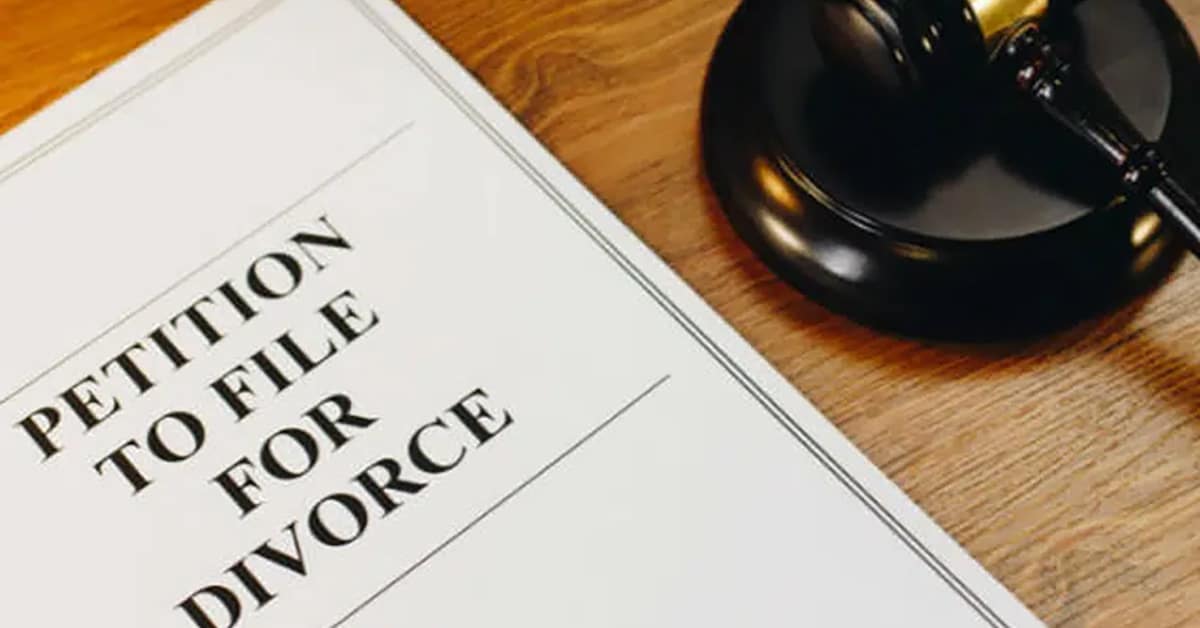PRESS RELEASE Trey Yates, principal at The Law Office of Sam M. (Trey) Yates, III,…

Spousal Maintenance and Temporary Spousal Support in Texas Divorce
by Houston Divorce Attorney Sam M. “Trey” Yates, III
Is Texas an alimony state?
Alimony is the common term used to identify post-divorce payments from one former spouse to the other. However, in Texas, there is only one form of court ordered post-divorce payment obligation from one spouse to another.
Does Texas have spousal support?
The only form of court ordered post-divorce payment obligation from one spouse to another is referred to as spousal maintenance, and not Texas divorce alimony. There isn’t actually a Texas alimony law, but rather spousal maintenance. Spousal maintenance in Texas are court ordered payments after the divorce that become part of the final decree of divorce.
Additionally, when one spouse has fewer economic resources than the other, the court may order temporary spousal support during the divorce process. Temporary spousal support are payments ordered by the court while a divorce is pending.
Contractual Maintenance
Contractual maintenance is completely different from court ordered spousal maintenance. Contractual maintenance are payments agreed upon by the parties as part of a formal divorce settlement and cannot be ordered by a Texas court. Contractual maintenance can be a very useful tool in the settlement of certain cases for the reason that the transfer of income can create a financial benefit for both parties in regards to their respective tax liabilities.
The difference between contractual maintenance, spousal maintenance and spousal support
The issue of Texas spousal support is usually guised within the question of “how am I to survive financially if I leave my spouse”. This type of thinking has been a major factor in some individuals remaining in an unhealthy or destructive relationship simply because they lack the means to support themselves. It is important for a spouse to be aware of all of the options available to provide for their needs during and post-divorce. Be sure to contact a Houston divorce lawyer, like The Law Office of Sam M. (Trey) Yates, III, P.C., to learn about your options.
Spousal Maintenance – Texas
The Texas Legislature enacted the spousal maintenance statute in 1995.
Depending on the particular situation, one spouse may be awarded spousal maintenance for a specific period of time or for life. The court will consider a number of factors in determining an award of spousal maintenance. Some of these factors include whether domestic violence was a factor in the marriage, or if one of the parties is disabled or provides care to a disabled child of the marriage. The court will also consider the length of duration of the marriage, the need of the requesting spouse and the ability to pay by the other spouse.
Temporary Spousal Support in Texas
When a divorce involves a financially dependent spouse, that spouse can ask for a temporary support hearing at the time the divorce is filed. While the divorce is pending and agreements are being worked out, temporary support can protect the assets and credit of both spouses.
Contractual Maintenance in Texas
Contractual maintenance can be a useful tool in negotiating a settlement between divorcing spouses that will meet the needs of the receiving party and provide tax benefits to the paying party. Contractual maintenance is not limited by the kind of restrictions that are applicable to court ordered spousal maintenance. The period of time during which the payments are made, the amount of the payments, terms by which the payments will increase or decrease, the procedures for making the payments and all other provisions of the agreement related to maintenance are devised by the parties and their attorneys. In other words, the entire structure of the alimony agreement is tailored to suit the particular needs of the parties involved in the divorce.
Recent changes in law
In 2011, the Texas Legislature amended a number of Family Code provisions, including statutes related to spousal maintenance. The recent changes to spousal maintenance relate to the eligibility and duration of spousal maintenance that may be awarded.
Eligibility
Previously, absent family violence, in order to be eligible for spousal maintenance, a spouse seeking spousal maintenance had to “lack sufficient property to provide for their reasonable needs.”
The law now requires that, due to specified circumstances, the spouse is unable to “earn sufficient income to provide for the spouse’s minimum reasonable needs.”
The law previously required the duration of the marriage to last a minimum of 10 years, regardless of the requesting spouse’s circumstances in order to be eligible for spousal maintenance. The old law failed to take into consideration instances when a requesting spouse was unable to support himself or herself due to a severe disability, or because the spouse was a custodian of a child who required substantial care, or simply because the spouse lacked the education and skill to gain employment.
The current law now separates these three particular circumstances and only applies the ten year marriage duration requirement only when the requesting spouse lacks the ability to provide for his or her minimum reasonable needs.
Duration
Previously, the duration of spousal maintenance was limited to three years.
Under the old Texas state law, spousal maintenance payments could not extend beyond three years after the date of the order unless the spouse had an incapacitating mental or physical disability that would prevent them from providing for their own minimum reasonable needs.
Now the court may award spousal maintenance for five, seven, or 10 years depending on the duration of the marriage. If a spouse seeking maintenance is unable to support himself or herself through appropriate employment because the spouse has an incapacitating physical or mental disability or because the spouse is the custodian of a child of the marriage who has a physical or mental disability, the court may order maintenance for as long as the disability continues.
The court may award spousal maintenance indefinitely when the requesting spouse is incapacitated by a physical or mental disability, or is the custodian of a child who requires substantial care. However, the statute still requires that spousal maintenance be limited to the shortest reasonable period that would allow the requesting spouse to begin earning sufficient income to provide for his or her minimum reasonable needs.
Obtaining temporary support during divorce
For many individuals facing divorce a common concern is the disruption of financial security. This issue can be especially important when a stay-at-home parent or disabled spouse is facing divorce. Whatever the situation, when one spouse has fewer economic resources than the other, the court may order temporary spousal support during the divorce process.
A temporary support order is a means of protecting the welfare of a financially dependent spouse between the time the petition is filed and the divorce is granted. The purpose of providing temporary support during the pendency of a divorce is to provide for the maintenance of the family until the final decree is signed, and the amount is determined according to the needs of the applicant. The court should consider both the applicant’s means to pay for his or her necessities during the pendency of the suit and the ability of the other spouse to pay. If approved, the court may withhold the amounts from the paying spouse’s paycheck.
Seek out a Board Certified Family Law Attorney
Many, if not most, people who are getting a divorce are worried about how they will manage financially. Whether the household is supported by one or multiple incomes, divorce typically means that the amount of money that was used to support one household is now going to have to stretch much further.
If you are worried about how you will support yourself and your children and want to receive spousal support or spousal maintenance, you should seek the advice of a qualified Texas spousal support attorney. Additionally, if you think you might end up paying more spousal maintenance or spousal support than you can afford, you should seek professional advice in order to fully understand how Texas law will likely be applied to your unique circumstances.
Texas Spousal Support Attorney
Each state has different rules and regulations of alimony and spousal support.
If alimony, spousal support, or spousal maintenance is involved in your divorce, it is important that you present a compelling argument for such support in addition to ensuring that the divorce decree is drafted correctly.
The Law Office of Sam M. (Trey) Yates, III, P.C. is experienced in helping clients find financial stability after divorce. We have experience and proficiency in the many issues surrounding contractual maintenance, temporary spousal support and court ordered spousal maintenance.
Contact us today for a personal interview about your specific legal needs.
The Law Office of Sam M. (Trey) Yates, III, P.C. utilizes a team approach to client satisfaction. Our background and experience mean we can knowledgeably and effectively pursue your spousal support and spousal maintenance goals. The expertise of a qualified, Houston-based Board Certified Family Law Attorney can help you understand the law with regard to spousal maintenance and the guidelines the court will consider in ordering temporary spousal support or post-divorce spousal maintenance.

